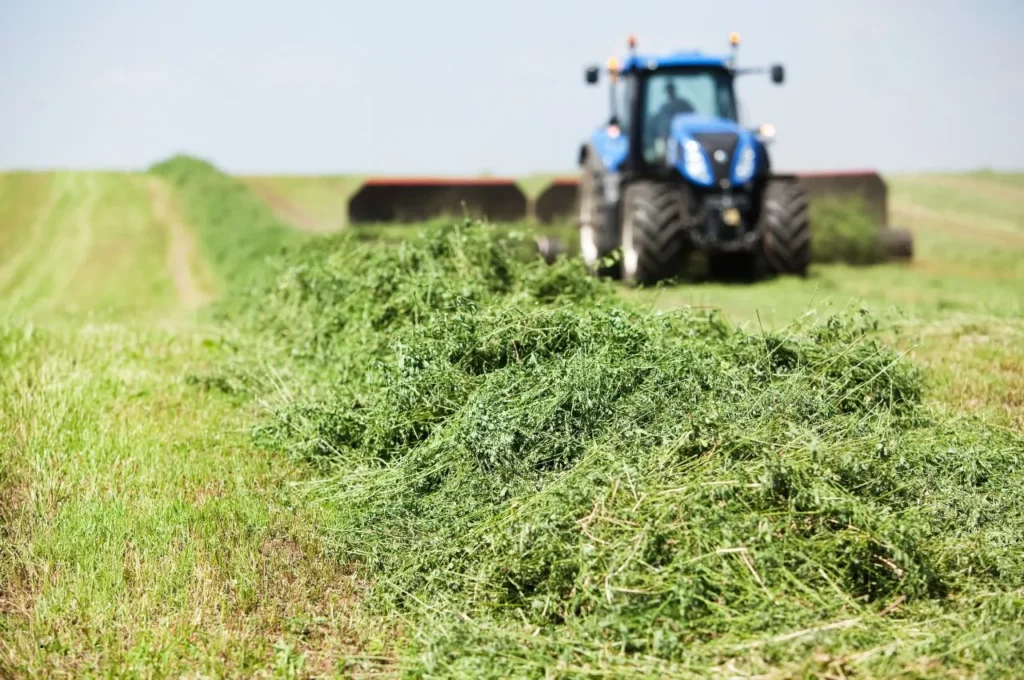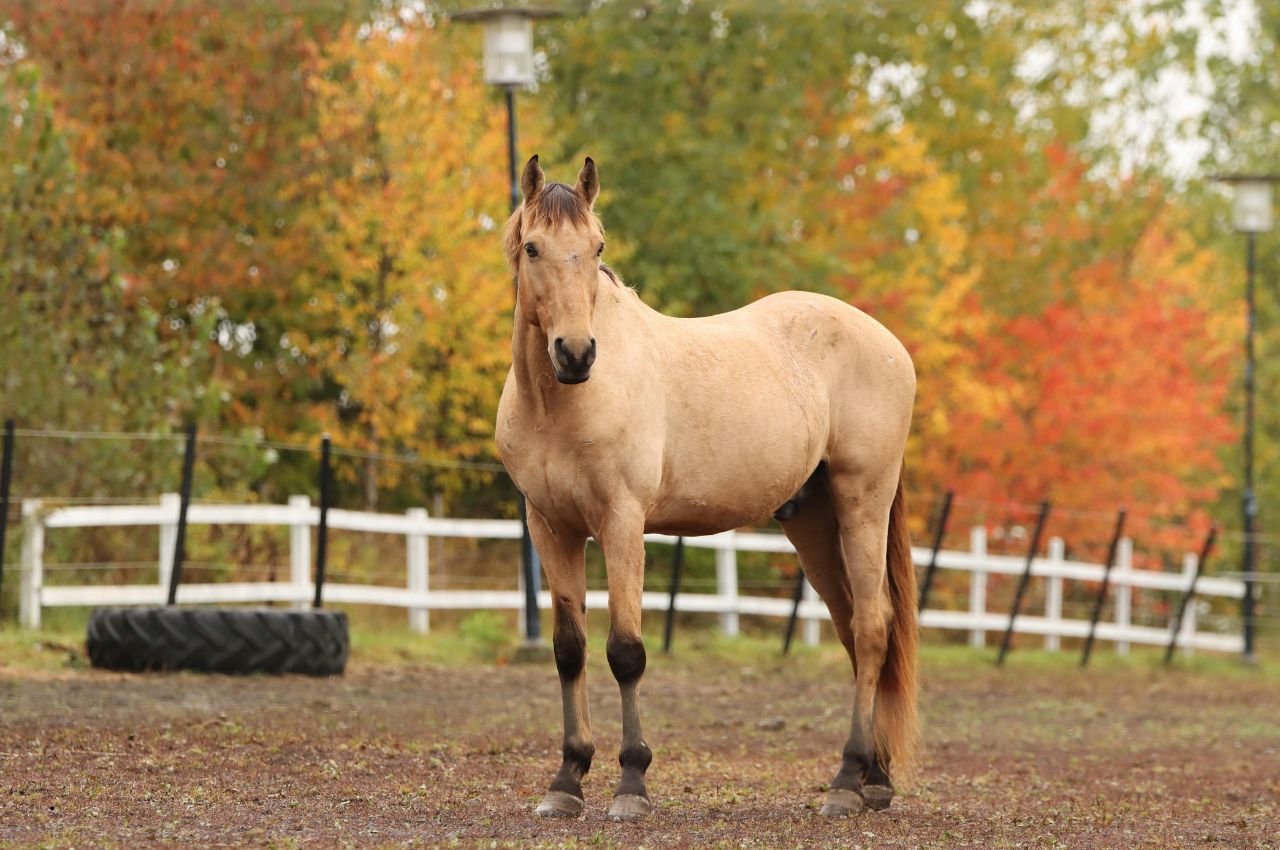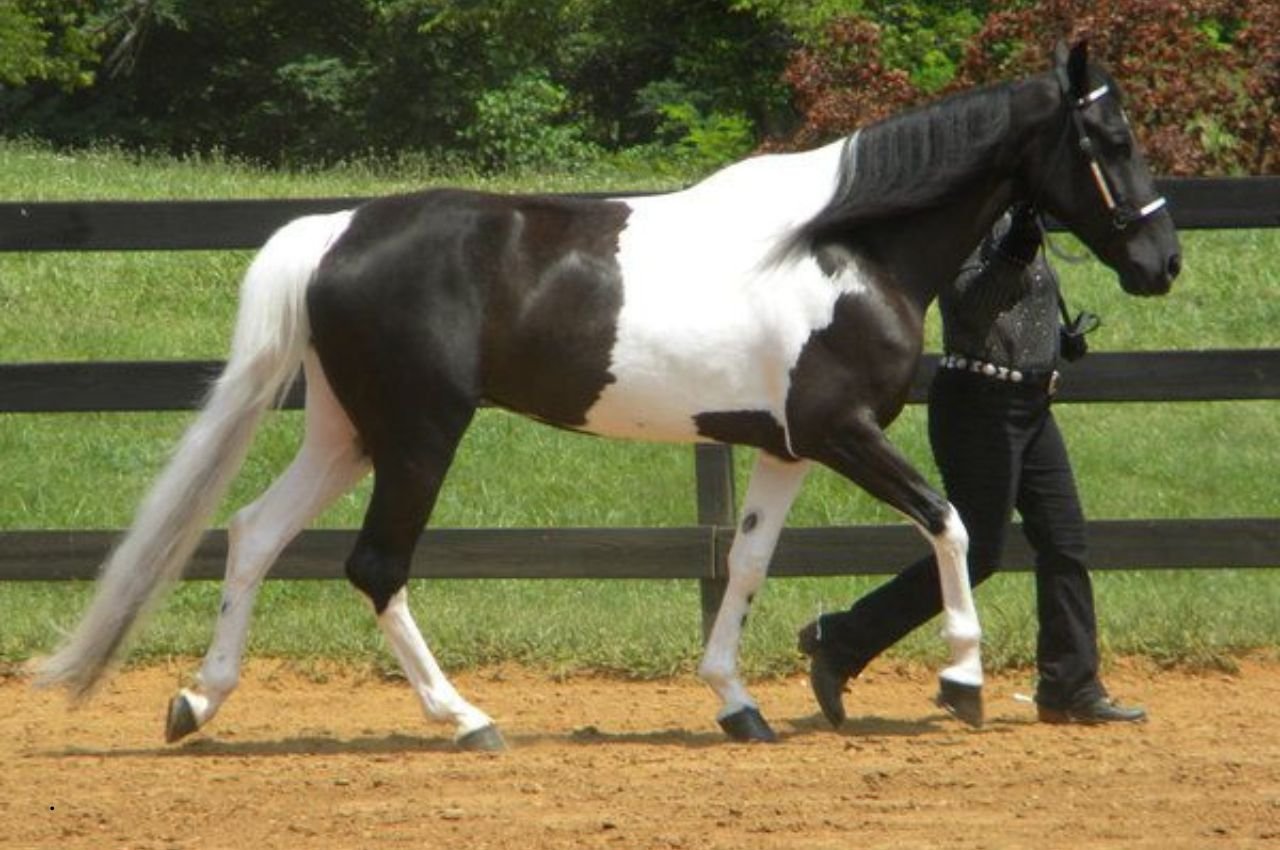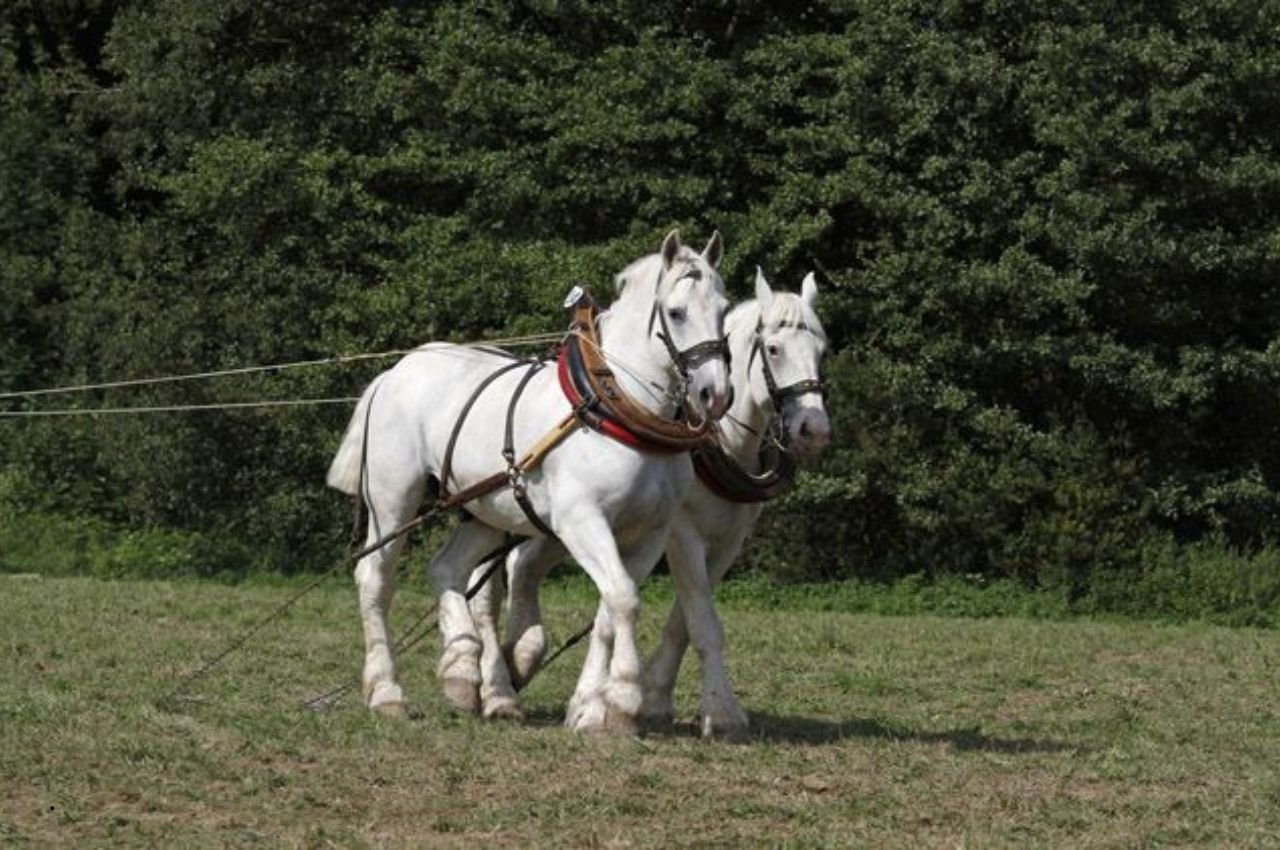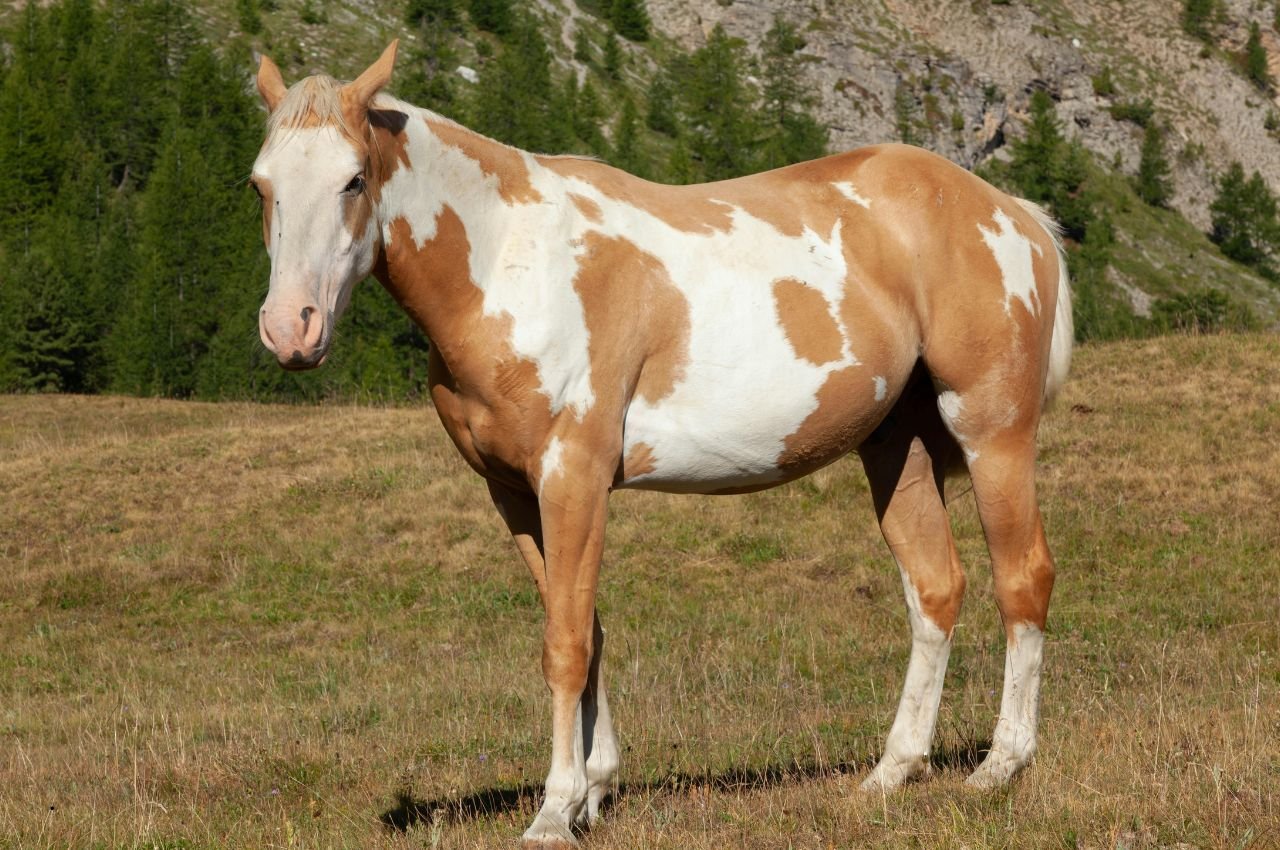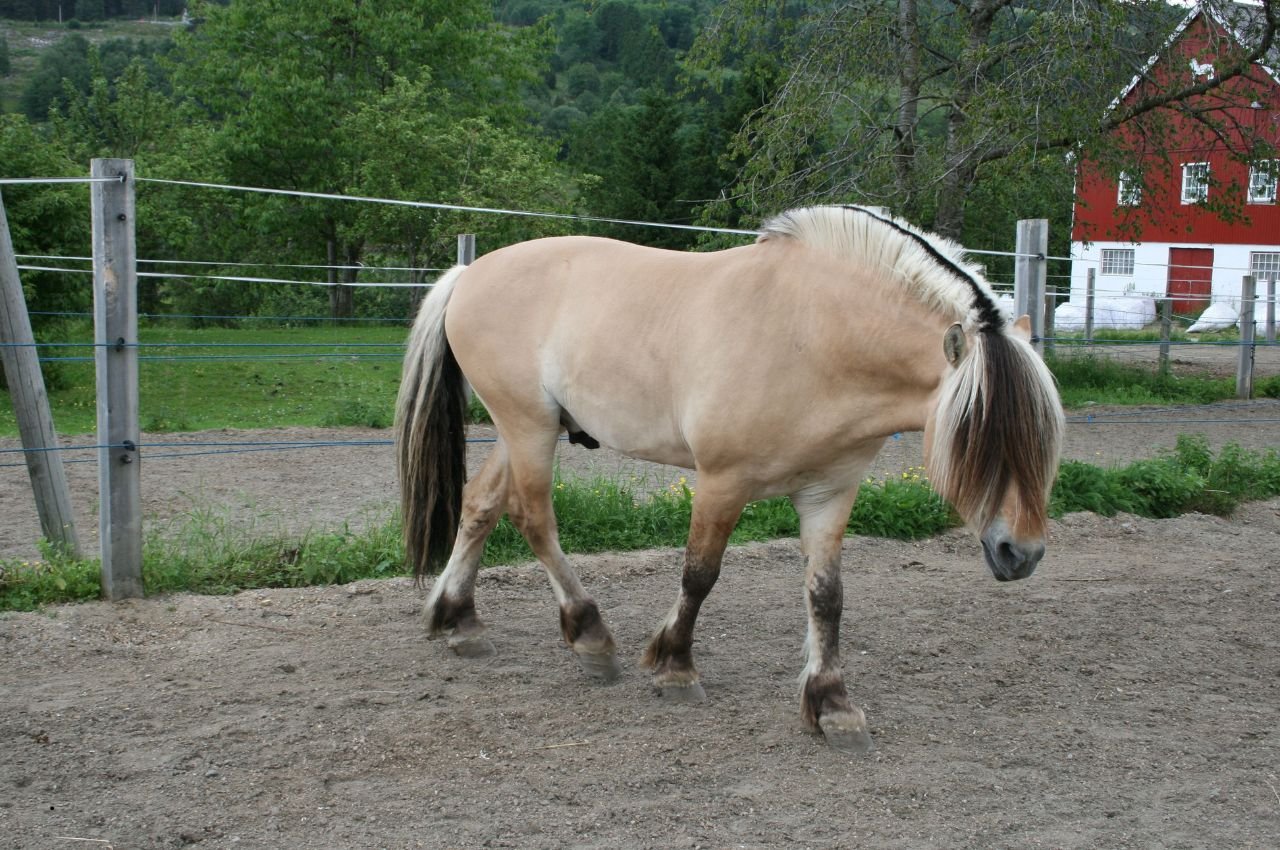When it comes to caring for horses, one element of their diet stands out as absolutely essential—hay. Often overlooked in favor of grain or supplements, hay is actually the cornerstone of a healthy equine diet. Whether your horse is a pasture ornament, a trail companion, or a high-performance athlete, hay plays a critical role in maintaining their health and well-being.
In this blog, we’ll explore five key reasons why hay is vital for horses, shedding light on the science, nutrition, and practical importance of this humble forage.
Table of Contents
1. Natural Source of Fiber
Horses are grazing animals by nature. In the wild, they spend 14 to 18 hours a day nibbling on grass and forage. Hay mimics this natural feeding behavior by providing the fiber that horses need to keep their digestive systems functioning properly.
Why It Matters:
- Fiber keeps the hindgut active, where fermentation of roughage produces vital nutrients.
- It supports the movement of food through the digestive tract, reducing the risk of colic and other digestive issues.
- Chewing hay increases saliva production, which helps buffer stomach acid and prevent ulcers.
2. Supports Digestive Health
The equine digestive system is delicate and relies heavily on a constant intake of roughage. When horses don’t receive enough forage like hay, they’re more prone to gastric ulcers, impactions, and colic.
Why It Matters:
- Hay provides a slow-release energy source through fermentation.
- A steady supply of hay keeps the stomach from being empty too long, which helps maintain a stable pH level.
- Long periods without forage can lead to boredom and behavioral issues like cribbing and weaving.
3. Essential Nutrient Supply
High-quality hay isn’t just filler—it’s packed with essential vitamins, minerals, and energy that horses need to thrive. Depending on the type (timothy, alfalfa, orchard grass, etc.), hay can provide varying levels of nutrients to support your horse’s activity level and health needs.
Why It Matters:
- Hay can be a major source of protein, calcium, and energy, especially for growing horses, pregnant mares, and those in heavy work.
- It’s rich in Vitamin A, E, and some B-complex vitamins when freshly cut.
- Choosing the right type of hay helps tailor the diet for individual horses—alfalfa for more protein, or grass hay for lighter needs.
4. Helps with Weight Management
Hay can actually help regulate weight, both for underweight and overweight horses. How? It promotes a steady metabolism and helps horses feel full, reducing the likelihood of overeating concentrates or high-sugar feeds.
Why It Matters:
- Feeding hay in a slow feeder or net extends eating time, which prevents binge eating and supports mental well-being.
- For horses on a weight loss program, low-sugar, high-fiber hay provides volume without excess calories.
- Underweight horses benefit from calorie-dense hay like alfalfa to safely gain weight without the risk of digestive upset.
5. Mental and Emotional Well-Being
Horses are intelligent, social animals with a strong need for routine and comfort. Access to hay throughout the day provides mental stimulation and helps mimic natural grazing behavior, which is essential for their emotional health.
Why It Matters:
- Chewing and foraging are natural stress-relievers for horses.
- Horses with access to forage are less likely to develop stereotypies (like stall walking or wood chewing).
- Providing hay reduces boredom, especially for stabled or confined horses, and promotes a calmer, more content demeanor.
FAQs About Feeding Hay to Horses
How much hay should I feed my horse daily?
Most adult horses should consume 1.5% to 2.5% of their body weight in forage (hay or pasture) per day. For a 1,000-pound horse, that’s about 15–25 pounds of hay daily. The exact amount depends on the horse’s size, workload, metabolism, and whether they have access to pasture.
What type of hay is best for my horse: grass or alfalfa?
It depends on your horse’s needs:
Grass hay (e.g., timothy, orchard grass) is ideal for most horses, especially those in light work or on a maintenance diet.
Alfalfa hay is higher in protein and calcium, making it better for young, growing horses, lactating mares, or hard keepers.
Always consult with your vet or an equine nutritionist to choose the right type.
Can horses eat moldy hay?
No—never feed moldy hay. Moldy hay can cause serious health issues like respiratory problems or colic. Always check for a clean smell, good color, and absence of dust or mildew before feeding.
Should I soak hay before feeding it?
Soaking hay can be helpful in certain cases:
For horses with respiratory issues (e.g., heaves), soaking reduces dust.
For horses prone to laminitis or insulin resistance, soaking helps reduce sugar content.
Just make sure to feed it immediately after soaking and avoid soaking for more than 1–2 hours in warm weather to prevent spoilage.
Is free-choice hay better than scheduled feedings?
For most horses, free-choice access to hay (especially through a slow feeder) is healthier and more natural. It:
Encourages natural grazing behavior
Prevents long fasting periods
Reduces stress and boredom
However, easy keepers or overweight horses may need portion control or a low-calorie hay to avoid overfeeding.
Conclusion: Hay Is More Than Just Feed
In the world of equine care, hay isn’t just something to toss into the feeder—it’s a lifeline. From digestive health to mental well-being, hay plays a crucial role in keeping horses healthy, happy, and thriving.
Whether you’re caring for a competitive jumper or a beloved pasture companion, never underestimate the power of high-quality hay. It’s not just what horses eat—it’s how they’re meant to live.

